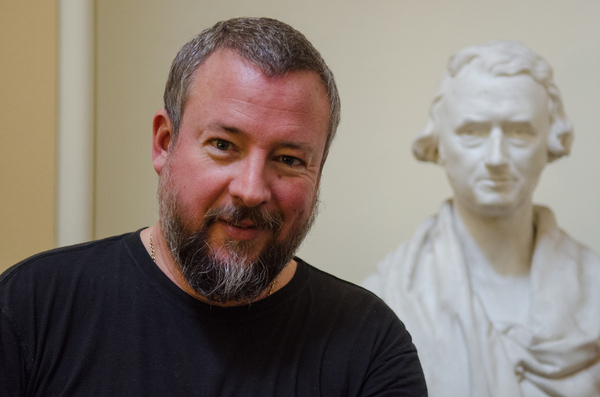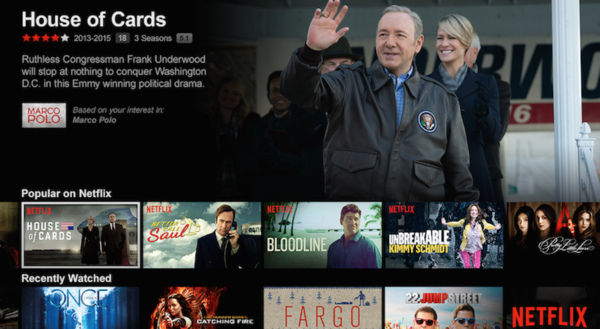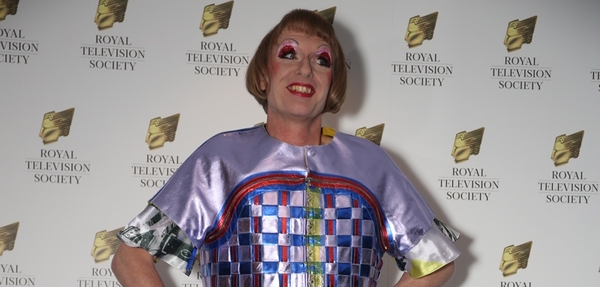The battle for news viewers
This month, the BBC will unveil a longer version of The BBC Ten O’Clock News. The flagship bulletin will also come with enhanced production values. Even though the changes to the programme, fronted by Huw Edwards, have been under consideration for months, it will be seen as the latest round in the “battle of the bongs”, following the October relaunch of ITV’s News at Ten, with the user-friendly Tom Bradby.




